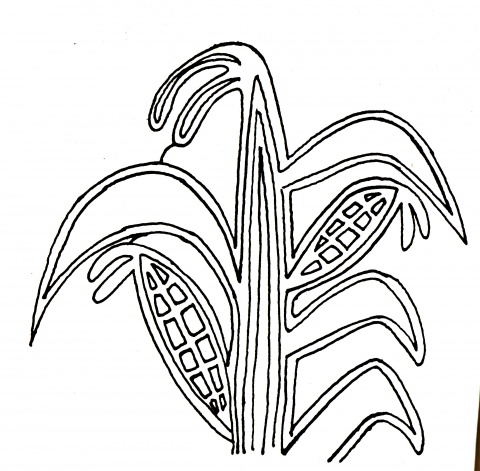Submitted by Joëlle Deschambault on

As the United Nations celebrates World Food Day October 16, in Brazil, a Constitutional Commission is slated to rule on pending legislation that would permit the use of Terminator technology (a.k.a. suicide seeds), upending the country’s 8 year-old ban and violating the international moratorium on the quintessential anti-farmer technology. Meanwhile, on October 17, in Iowa (USA), scientists from Syngenta and Monsanto, two companies that both have Terminator patents, will receive the World Food Prize for their “breakthrough” achievements in developing genetically modified crops.
“It couldn’t be more ironic that Brazil is today considering approving a bill that would legalize Terminator seeds. On World Food Day, Brazil is contemplating a flagrant attack on Food Sovereignty and Farmers’ Rights, which will have an impact all over the world,” says Silvia Ribeiro, Latin America Director for ETC Group.
Hundreds of civil society organizations and social movements are making sure Brazil knows the world is watching. That’s why, last week, they took their concerns both to the UN Committee on World Food Security in Rome and to the Convention on Biological Diversity meeting in Montreal this week. (In 2000, the UN imposed a moratorium on Terminator seeds through the Biodiversity Convention.) Civil society groups are spreading the word through social media and by contacting members of the Commission considering the Brazilian bill to tell them the world still rejects suicide seeds. (You can add your name to the letter here.)
Mexican Maize Massacre Reprieve: Meanwhile, Monsanto and Syngenta, joined by DuPont and Dow are trying to win government approval for the release of GM maize in Mexico, the center of maize diversity. There are now 14 pending applications that, if approved, would cover almost 6 million hectares of land and lead to contamination of the thousands of peasant varieties of maize in Mexico. The good news is that, after years of protests by organizations both inside and outside Mexico, on 10 October a federal judgesuspended all activities related to new and pending approvals of GM maize until a trial (juicio) takes place where both sides present their arguments. (For background on GM maize, see http://www.etcgroup.org/es/content/rechazo-internacional-la-siembra-de-maíz-transgénico-en-méxico.)
“The ruling is cause for celebration, but the companies are already working to reverse it; the ruling means we can take a breath, but we can’t let up on the fight,” says Ribeiro.
Golden Rice = Golden Opportunity for Biotech: While the focus in Latin America is currently on resisting the threats from Big Ag’s Terminator and GM maize, rice fields are the battleground in Asia. The biotech industry, donning a humanitarian mask, is fast-tracking Golden Rice. Applications for commercial release of the genetically modified rice, engineered to express beta carotene, are expected to be filed in the Philippines in early 2014. Despite resistance by farmers who want to protect and control their own seed and consumers who want real solutions to inadequate nutrition, as well as admission by researchers of ethical violations (i.e., they fed Golden Rice to children in China without disclosing what they were doing), the Gene Giants are holding out hope that Golden Rice can still become biotech’s golden child.
Unprecedented Concentration: Recent ETC research shows the dangerous levels of concentration in global agribusiness. Just 6 multinational companies (Syngenta, Bayer, BASF, Dow, Monsanto, DuPont) control 60% of the global commercial seed market, 76% of the agrochemical market and 100% of the GM seed. Most hold patents on Terminator technology.
“Monsanto and Syngenta may be receiving the World Food Prize, but this is just one piece of a desperate PR strategy to make over a technology in deep trouble. Peasant agriculture is more productive, better for the environment and feeds 70% of the world’s people using just 30% of the planet’s agricultural resources; it’s getting increasingly difficult for companies to pretend otherwise,” says ETC Group’s Asia Director, Neth Daño.
For more information:
Silvia Ribeiro, ETC Group Latin America Director, Mexico silvia@etcgroup.org Tel: +52 55 5563 2664
Neth Daño, ETC Group Asia Director, Philippines neth@etcgroup.org Tel: +63-82 302-8289
Pat Mooney, ETC Group Executive Director, Canada etc@etcgroup.org Tel: +1-613-240-0045
| Attachment | Size |
|---|---|
| 77.22 KB |
